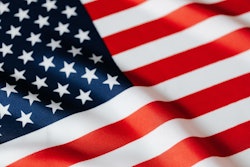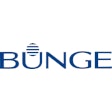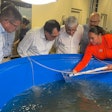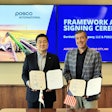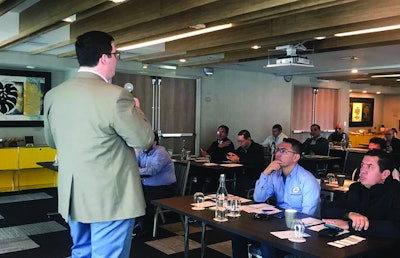
Threads of partnership and collaboration can be seen through all aspects of the U.S. Grains Council’s (USGC) work to develop markets, enable trade and improve lives.
From clearing pathways to help overseas feed processors and manufacturers acquire and develop products for end users to assisting foreign buyers in building skills in technology, marketing and process of grains, part of the USGC’s role is to connect U.S. agriculture with markets overseas to maintain and enhance the flow of U.S. coarse grains and co-products.
To help accomplish its mission, USGC often relies on the industry and educational expertise of organizations like the IGP Institute, the Northern Crops Institute and Iowa State University.
USGC-IGP partnership
USGC works in association with Kansas State University’s (KSU) IGP Institute (IGP) to bring technical, research-based training to industry professionals throughout the world.
IGP enhances the market preference for U.S. grains and oilseeds through its global education center, housed in Manhattan, KS, and, more recently, virtual education. Course offerings are led by KSU faculty and industry professionals in the areas of flour milling and grain processing, grain marketing and risk management and feed manufacturing and grain management.
“We see our relationship with IGP as an invaluable partnership between our two organizations,” says Kurt Shultz, USGC senior director of global strategies.
“The ability to have a weeklong, hands-on short course at IGP during normal times allows our offices to do a deep dive into some fundamental topics surrounding the global feed industry’s development and IGP’s staff bring technical expertise that compliments USGC’s marketing programs.”
Most recently, IGP helped USGC conduct trainings to provide beginning and intermediate buyers in the Middle East, Africa, Southeast Asia, South Asia and Taiwan with a comprehensive overview of U.S. grain procurement and purchasing.
More than 80 attendees participated in the multiple-day training sessions focused on topics including container markets and freight, contracts, commodity flows, risk management and U.S. Department of Agriculture (USDA) grain grading.
These IGP-led events help USGC expand market access by educating new buyers on the whole process of U.S procurement and purchasing, as well as how the U.S. supply chain works to ensure top-quality grain gets to end-users around the world.
“When customers are able to visualize the supply chain, they will be more likely to choose U.S. origin when price is competitive relative to our competitors,” says Chuin Shern Lee, USGC regional marketing manager for Southeast Asia and Oceania, who worked with IGP on a recent training.
“No other origins offer such insights through training, such as the ones USGC hosts in collaboration with IGP.”
USGC received positive feedback from the IGP event attendees, with many participants wishing to join again in the future.
“The staff at IGP goes above and beyond to fully support our customers’ requests and needs,” Lee says. “They conduct trainings in the U.S. evening hours to accommodate the buyers in our region, and they thoughtfully answer every question from the audience to make sure the group understands.”
IGP’s programs help USGC target both seasoned customers and the next generation of decision makers to maintain demand and support customers by coaching buyers on the competitiveness of U.S. grains.
NCI: Key educational relationship
The Northern Crops Institute (NCI) is a collaborative effort led by Minnesota, Montana, North Dakota and South Dakota to support the promotion and market development of crops grown in this four-state region.
Through its partnership with NCI, USGC’s international customers and stakeholders have a pathway to acquire and develop food products for end users who desire them.
Housed on the campus of North Dakota State University in Fargo, ND, NCI operates a meeting and learning center that brings together international customers, commodity traders, technical experts and processors for discussion, education and technical services related to the use of U.S. feed grains, wheat, soybeans and oilseeds and value-added products.
“NCI’s facilities and staff — including hands-on training facilities in feed milling, food production and grain procurement — have made them an ideal partner for USGC to work with over the years,” says Cary Sifferath, USGC senior director of global programs.
“I’ve taken part in several training programs we’ve co-hosted with NCI for our international customers and have seen firsthand how this cooperative relationship has helped build export markets for U.S. grains and grain co-products.”
The COVID-19 pandemic threatened to throw a wrench into NCI’s training programs, but like those at USGC, NCI staff members were able continue offering innovative training sessions in a virtual format, including several for which USGC helped gather many international attendees.
NCI’s webinars connected with more than 1,000 people from 55 countries in 2020, and the organization is on pace to more than double that number in 2021.
Online courses brought in a wider range of people from a wider range of countries but still focused on helping our global buyers develop better feed and food products for their customers.
Last September, NCI and USGC held a two-week virtual training for new and upcoming leaders of six major feed and grain buyers across the Middle East and North Africa (MENA) region.
The course included lectures and tours to provide market intelligence and marketing information to feed grain buyers and end-users, which helps USGC build strong relationships with key regional corn importers. ■



